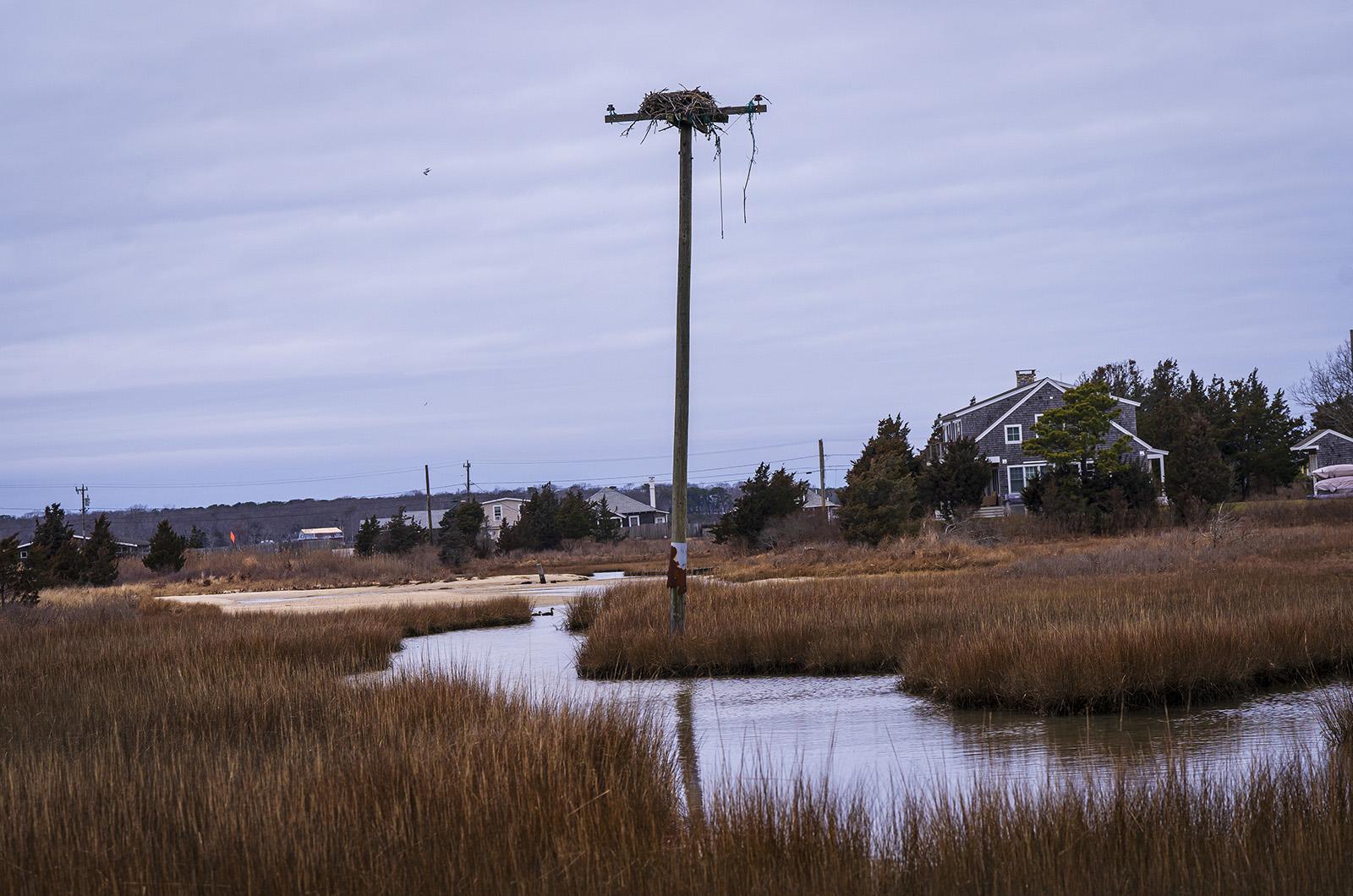I was perusing the Vineyard Gazette recently (I am a digital subscriber, a sort of Peeping Tom, a Canadian) and read an article, one of those “on this day 51 years ago,” (specifically Jan. 21, 1970), where a local journalist had written that “...there are more off-Island youth between the ages of 19 and 30, give or take a few years and states of mind, wintering on this beguiling Island than ever before.”
The tone of the article was one of pleasant surprise, that young people would seek out a bucolic life on the Vineyard. But this was 1970s America and if I was a young American person having just endured that time period, I’d probably flee to an island, too. I’d probably flee the country. In fact, many did. That’s how Canada got our hippies in the first place.
After reading the article about the young people who once came to Martha’s Vineyard to live, I began frantically cleaning the one- bedroom apartment I share with my boyfriend. Cleaning calms me down and helps me work out my thoughts. Though our home is small and close, it’s what we have and I take pride in it.
I told my boyfriend about the article, shouting over the plastic vacuum, “Can you believe it? Young people used to buy houses on Martha’s Vineyard!”
What is my emotional investment in Martha’s Vineyard based on exactly? I’ve never even been there because I cannot afford it. But being from Yarmouth, Nova Scotia (a short ferry ride across the water from Maine, that is when the ferry was running), I trace my family’s roots back to Massachusetts. There was often a cross-pollination between Nova Scotians and New Englanders — the proximity, the sameness of landscape, the families that overlapped the border’s divide.
Nova Scotia is a poor man’s Cape Cod. Until the pandemic it was cheap to buy houses there. Still is, relatively. You can buy an old-money mansion, replete with widow’s walks, balustrades, gables, oak banisters, et al, for under a hundred thousand. But then you’re in Yarmouth, Nova Scotia.
My allure for Martha’s Vineyard probably comes, primarily, from my contrary nature. I can’t afford to live there. I can’t even afford to rent an Airbnb in the off-season. Thus, the allure grows. The desire to flout the limitations into which I have been born, the circumstantial or the coincidental, increases each season. I promise myself I will go to the Vineyard. I want to see the beach in the wintertime (my favorite time to go to the beach).
My rage grows warm over housing issues, lack of rights, the farcical absurdity of people living in majestic beach compounds while teachers and nurses sleep in their cars. The struggle to maintain shelter has always been an issue that grinds my gears, even though the fights of the residents of Martha’s Vineyard are not my fight. But I have known homelessness and as a poor person it’s always a worry that itches the back of my mind.
From Montreal, where I live now, my heart continually drifts to Martha’s Vineyard, in the romanticization of Pinterest boards, the idealization of Instagram posts, the curated covetousness of a YouTube house tour.
But that’s not what the Island really is and the more I read the Gazette and the stories of the people who do good work on the Island — the housing bank, abortion rights — the more I am a Peeping Tom, the more I wish I too could escape to an Island where the community is strong and the fights are prescient.
When a commenter wrote of a Vineyard Gazette article: “If you can’t afford to live on the Island, you should leave,” I wondered if he knew to whom he was speaking. Maybe he was saying it to the firefighter who would show up if his compound caught fire. Or maybe he was saying it to some underpaid barista who gives him his low-fat latte in the morning before his paddleboard lesson.
Or maybe he was saying it to an Islander who knows that housing is a human right and who maybe will make housing accessible enough that someday Martha’s Vineyard will be more than just a rapid summer succession of housing shuffles and billionaire compounds; it will be a place where anyone can come, as they did for that window of time in the 70s, to seek peace from a crazy world.
Ceilidh Michelle lives in Montreal. She is the author of the memoir Vagabond: Venice Beach, Slab City and Points in Between.




Comments (13)
Comments
Comment policy »